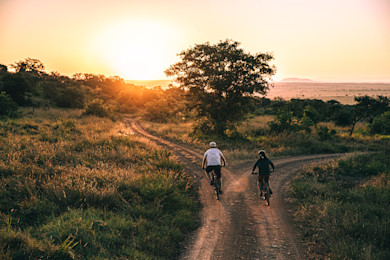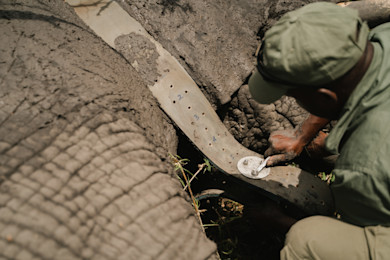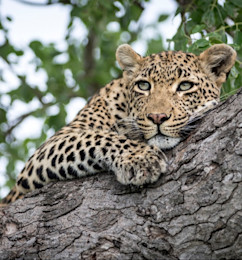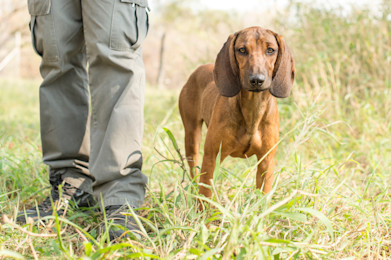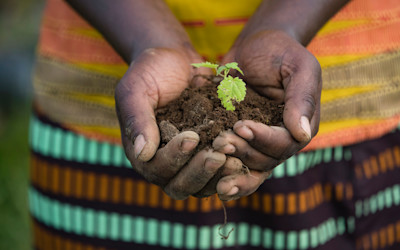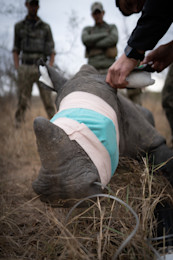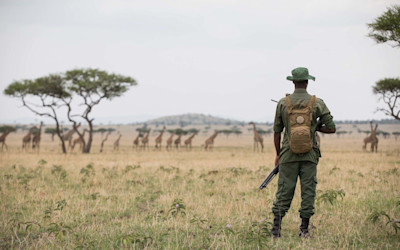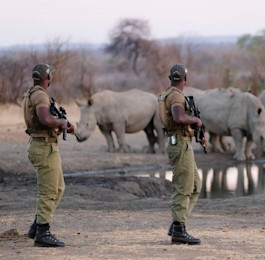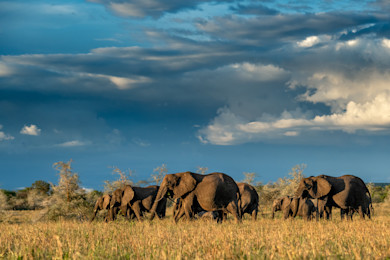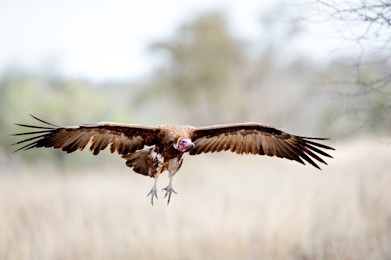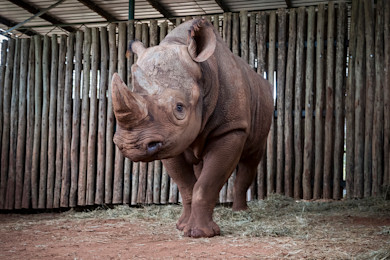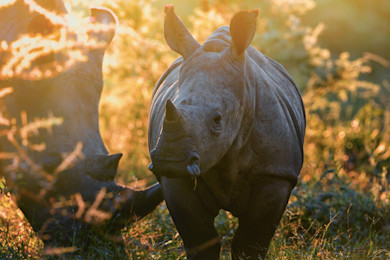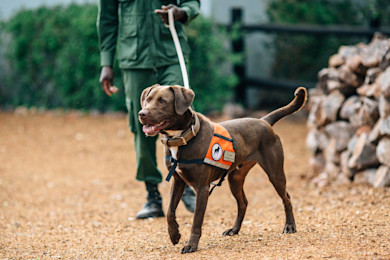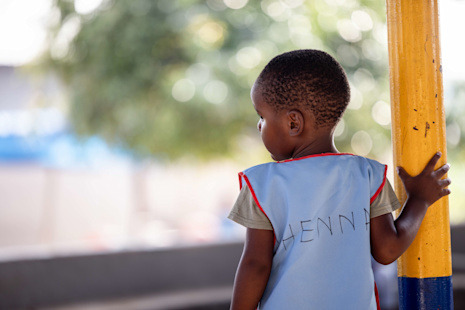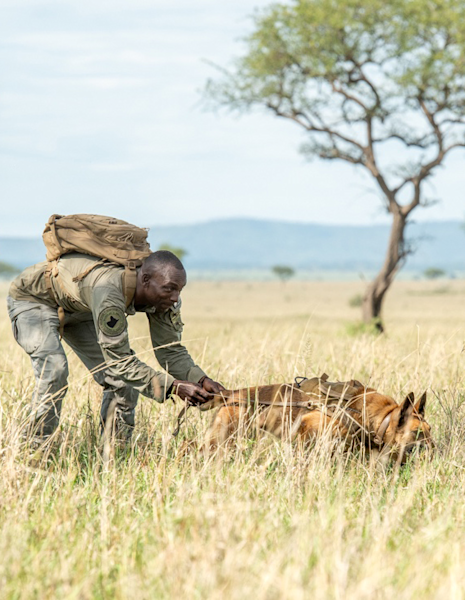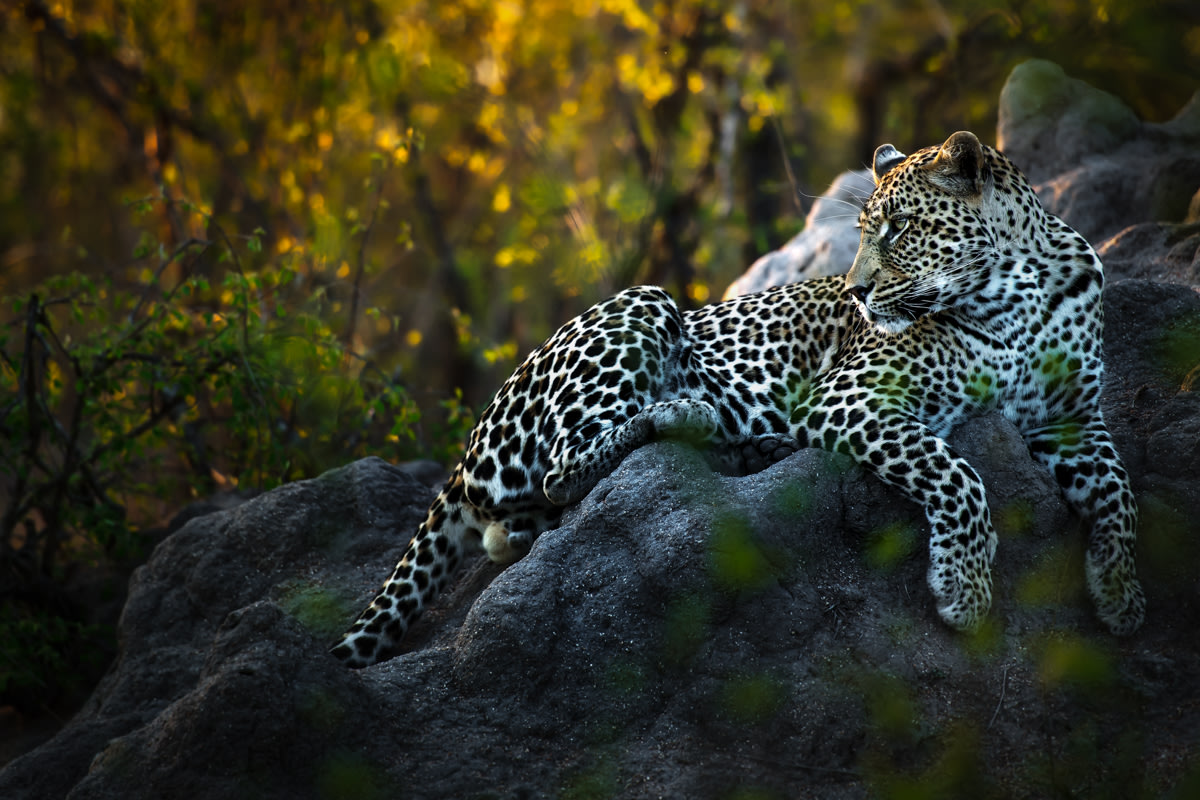
Panthera Partnership Leopard Research
Singita works alongside Panthera to assist with its long-term studies of leopard density and behaviour.
Leopards are one of the most adaptable and resilient of the world’s large carnivores, and as a result, it is often assumed that the conservation status of the species is secure. However, like many other species, illegal hunting, habitat loss and the bushmeat trade are having a negative impact on leopard numbers.
In recent years Panthera, the world’s leading wild cat conservation organisation, has run camera trap surveys to determine leopard density across the species’ range in South Africa and some neighbouring countries. Many of these surveys have, however, been outside formally protected areas or in small reserves where proximity to human threats can negatively impact leopard density.
Singita’s Sabi Sand guides have for many years been providing data to Panthera about the reserve’s individually known leopards. This data suggests that this is one of the world’s best-protected leopard populations.
In 2017, Singita partnered with Panthera to run a camera trap survey on our land in the Sabi Sand to benchmark what is ecologically possible in terms of leopard density in a stable, well-protected population. The results of the survey were enlightening; at 12.2 leopards per 100km2, this is the highest density yet recorded by a Panthera survey.
Following the success of this partnership and concerns raised about potential poaching threats to Kruger National Park’s leopards, Singita and Panthera will run a further four surveys in Kruger, including Singita’s concession, as well as one on Karingani Game Reserve in neighbouring Mozambique, in 2018.
Key Successes
chevron-right
How can I support this project?
chevron-right
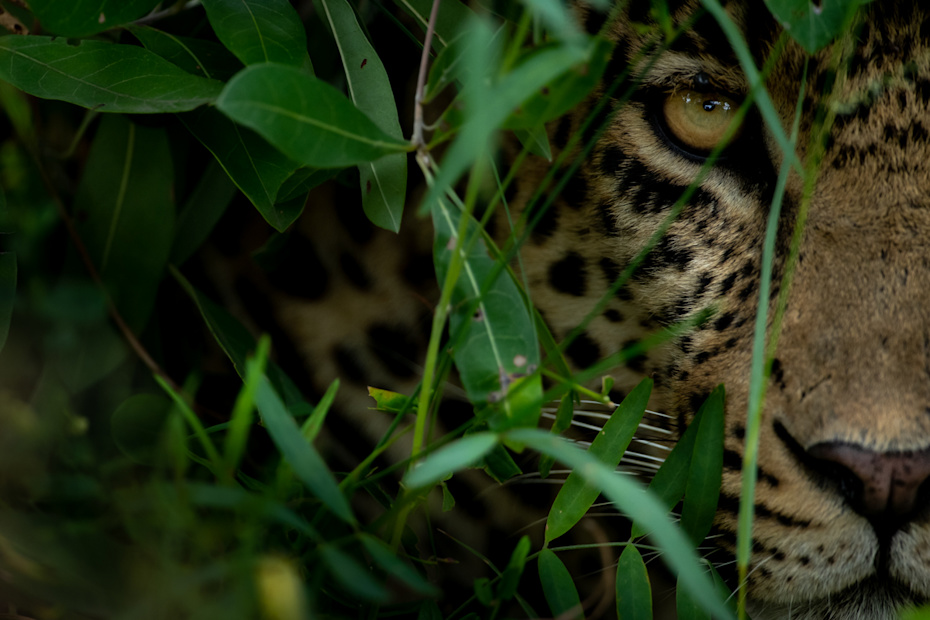
Conservation Partner
Singita Lowveld Trust
Our biodiversity projects focus on maintaining healthy, well-functioning ecosystems and habitats in the reserves in which Singita operates. These ecosystems are vital for the protection of a diverse range of wildlife, including species of conservation concern, such as rhinos, leopards, lions, wild dogs and vultures.
As we strive for the restoration and regeneration of our rich wilderness landscape, we can’t do this without the support and in collaboration of our communities. Together we're committed to ensuring that people living alongside wilderness areas not only benefit from tourism and conservation jobs but also experience lasting socio-economic growth.
Download the SLT brochure to find out more about their programmes.
As we strive for the restoration and regeneration of our rich wilderness landscape, we can’t do this without the support and in collaboration of our communities. Together we're committed to ensuring that people living alongside wilderness areas not only benefit from tourism and conservation jobs but also experience lasting socio-economic growth.
Download the SLT brochure to find out more about their programmes.

Other Biodiversity Projects
AllTanzaniaSouth AfricaRwandaZimbabwe
AllTanzaniaSouth AfricaRwandaZimbabwe
